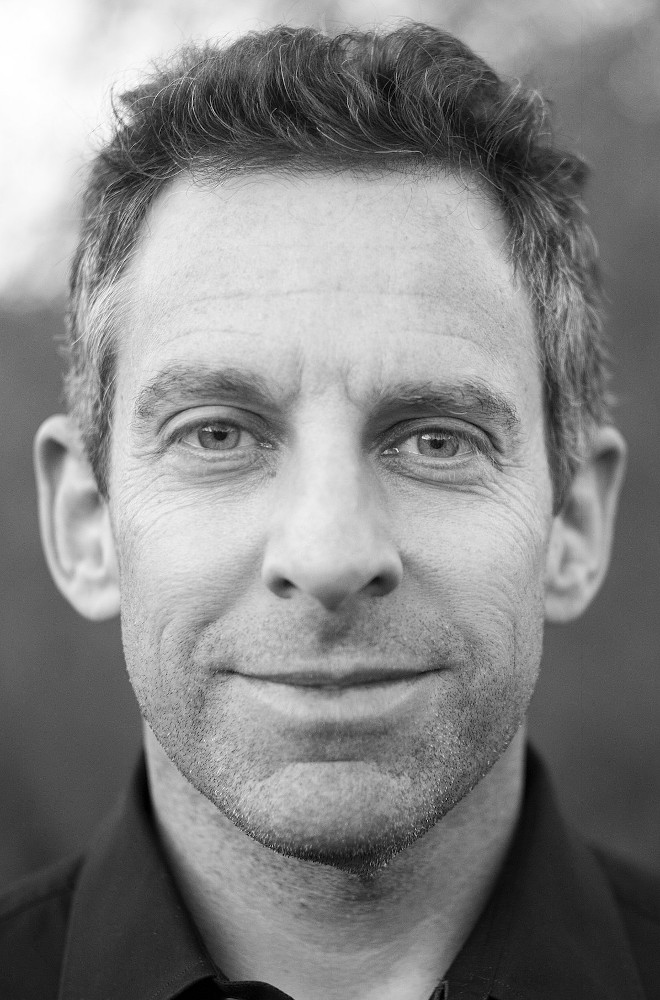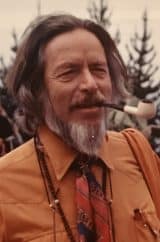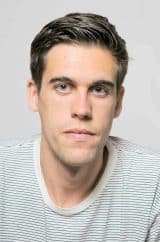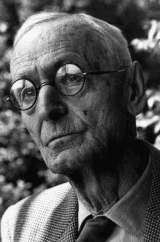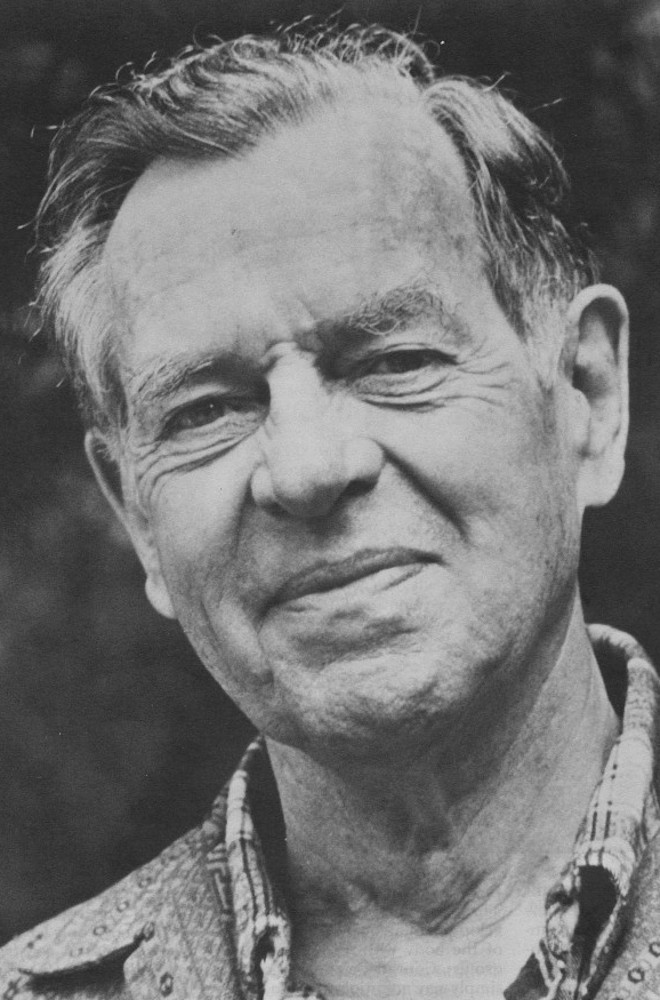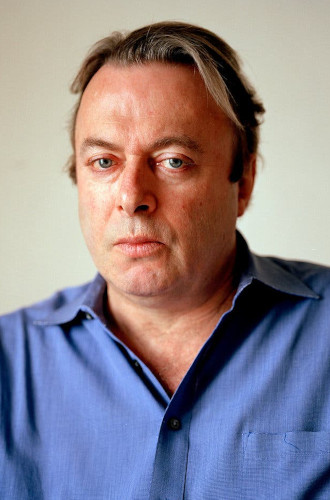 Bio
Bio
Christopher Hitchens defined himself primarily by his writing, so reading any of his books is an immersion into the oppositional world of this erudite polemicist. Born in postwar England to middle class naval parents.
Hitchens was given a private education from boarding schools through to Oxford University where he read Politics, Philosophy and Economics. He credits his education with initiating a profound radicalization in his world view, as he experienced the entitled attitudes of aristocratic peers and Christian instructors spouting what he saw as untruths.
Legacy
Throughout the 1960s he involved himself in various counterculture movements reflecting his leftist views and his journalistic career was born writing for the International Socialist. Journalism provided a platform for his fervent atheism and conflict commentary across the globe from Greece to Central America to Iraq.
After he moved to the U.S he gained more notoriety for his rhetorical brilliance and divisive views on everything from the 9/11 attacks, to Bill Clinton to all religions. After a battle with oesophageal cancer, he died in 2011 at age 62, leaving a legacy of strident adversarial journalism and literature. The best Christopher Hitchens books are the ones that distill his polemics into themes.
Best Christopher Hitchens Books
| Photo | Title | Rating | Length | Buy |
|---|---|---|---|---|

|
Letters to a Young Contrarian | 9.98/10 | 141 Pages | Check Price On Amazon |

|
God Is Not Great | 9.94/10 | 307 Pages | Check Price On Amazon |

|
The Portable Atheist | 9.84/10 | 525 Pages | Check Price On Amazon |

|
Hitch-22 | 9.78/10 | 435 Pages | Check Price On Amazon |

|
Mortality | 9.72/10 | 104 Pages | Check Price On Amazon |
Letters to a Young Contrarian

 Budding Dissident
Budding Dissident
Letters to a Young Contrarian is essentially a mentor’s guide to a budding dissident. Hitchens was inspired by his engagement with graduate students at NYC’s The New School where he taught Liberal Studies, specifically the evolution of the American Canon.
He had a reputation for being a kind and generous teacher but the missives in this book pull no punches if you want to be a true protestor.
Taking Risks
Early on he makes the distinction that a true dissident must earn their reputation through putting themselves out there, taking risks with their beliefs. Fighting for an alternative point of view, an alternative action, regardless of how unpopular or divisive it may be, is the definition of dissent.
Manipulation
In the name of freedom of speech and the protection of humanity against violence and progress, Hitchens maintains there is no room for a philosophy of moderation which is easily manipulated by conservative forces who use the need for social order as an excuse to violate individual rights. He encourages travel as the best kind of radical education, broadening the mind and the tenacity required to launch and formulate ethical principles.
To Question The Obvious
He warns of the monotheisms and polytheisms that are authoritarian in their various guises of zealotry and praises intellectual skepticism as the foundation of any oppositional act. Throughout, Hitchens uses the influential actions of radicals through history from Emile Zola to George Orwell and ultimately to the contrarian author himself, with the dictum “To question The Obvious and the given is an essential element of the maxim ‘de omnius dubitandum’ [All is to be doubted].”
God is Not Great
 Treatise on Atheism
Treatise on Atheism
This book is Hitchens treatise on atheism. There is a particular focus on organized religions of the Abrahamic tradition and their inherent destructiveness, positing, for example, that history shows a litany of wars fought under the apparent ministrations of a god.
He wants readers to realize that religions are “Violent, irrational, intolerant, allied to racism and tribalism and bigotry, invested in ignorance and hostile to free inquiry, contemptuous of women and coercive toward children: organized religion ought to have a great deal on its conscience.”
Unseen Power
Hitchens sets himself apart from religious believers because, he maintains, being an atheist is not about having beliefs, faith in an unseen power or dogmatic convictions, but rather, the ability to live an ethical life without needing any of that. This is the basis of Hitchens argument and his wish for all humanity is that we let go of the ideal being a utopian state whether on earth or some mythological beyond.
Uncertainty of Life
To accept evolution and the capricious uncertainty of life is the most intelligent attitude any truly educated person can make. For Hitchens and his brand of atheism, enlightenment is self-made, coming from open-mindedness and rational ongoing questioning in the here and now, and that’s all there is.
Storm of Controversy
No surprise that this book created a storm of controversy from affronted religious communities to even left-leaning media who accused him of a dogmatic zealotry not unlike that of the religious tyrants he skewered. Perhaps not one of the best Christopher Hitchens books in terms of accessibility as his style is intensely academic as opposed to accessible, but the message is acerbically clear regardless.
The Portable Atheist


 Guide to Godless Life
Guide to Godless Life
The Portable Atheist, like God is Not Great, is a guide to living a godless life but the guides are a colorful compendium of Christopher Hitchens own curation.
This engaging anthology is a celebration of atheism through the ideas of philosophy, literature and scientific enquiry as voiced by influential figures of the past and present such as Charles Darwin, Richard Dawkins and Salman Rushdie, displaying agnostic and atheistic thought through history.
Introduce, Amuse and Seduce
Hitchens, who believed as a rule of thumb with humor; that if you worry that you might be going too far, you have already not gone far enough, uses his sarcastic wit to introduce, amuse and seduce the reader “Owners of dogs will have noticed that, if you provide them with food and water and shelter and affection, they will think you are god. Whereas owners of cats are compelled to realize that, if you provide them with food and water and shelter and affection, they draw the conclusion that they are gods.”
Equal Elements
Taking the idea further, he maintained that religion has equal elements of both the canine and the feline. The spectrum of atheism married with Hitchens witty and provocative commentary makes for a lively, thought provoking and perhaps for some readers, angering read from this formidable intellectual and his peers and heroes.
Hitch 22

 Exhausting the Limits
Exhausting the Limits
This book is potentially regarded as one of the best Christopher Hitchens books, simply because it’s the quintessential guide on Hitchens himself. He prefaces the book with a quote from the Ancient Greek poet, Pindar, about exhausting the limits of the possible over aspiring to immortal life; Hitchens raison d’être.
Raving Nut Bag
It is a comprehensive and complex memoir, including the personal, literary and political, but thanks to Hitchens roguish erudition, highly readable.
He pulls no punches, happy to call a U.S presidential candidate a “raving, sinister, demagogic nut bag” while conversely, reflecting on his personal life with a softer voice, “Another element of my memoir — the stupendous importance of love, friendship, and solidarity…” then going on to demonstrate, for example, his grief over the tragic suicidal death of his mother.
Filled With Honesty
He is also honest about his ideological evolution and though he has been accused of being a turncoat (for supporting the Iraq war) and a performance artist for his love of alcohol fueled raucous dinner parties, he is honest about the journey his beliefs have taken him on, stating, by the end, that he is “a radical without a party”.
Controversy
Hitchens embraced any controversy around his opinions as this is what he believed being part of the dialectic was. For all the ideological enemies he had, not many people would argue about Hitchens’ prodigious talent and this book garnered strong critical attention, including being nominated for a National Book Critics Circle Award.
Mortality

 Cosmos Doesn’t Bother
Cosmos Doesn’t Bother
This book is Christopher Hitchens memoir afterword, and his final book. Diagnosed with terminal cancer right after the launch of Hitchens 22: A Memoir, he continues to elucidate on the political and social world while exploring illness and mortality in a philosophical and deeply personal way.
Hitchens is unsentimental about his dire health “To the dumb question “Why me?” the cosmos barely bothers to return the reply: Why not?”.
Celebration of Life
He celebrates having lived life to the full, thus echoing his oft quoted definition of remorse over regret in that the former is about feeling sorrow for what one did do versus the latter being about feeling misery for what you haven’t done. Hitchens fans and detractors alike would agree on the fact that he was if nothing else, brave and honest and he displays more of the same in his fervent pugnacity against religion.
Vulnerabilities
The fact that, in the shadow of his imminent mortality, Christian communities around the world were hoping he would convert only fueled his fiery atheism, and the book is alight with these rejections, such as -“If I convert it’s because it’s better that a believer dies than that an atheist does.”
And yet, as with his memoir, Hitchens does not hide his vulnerabilities, preferring to share the pain and grief this body causes him and his family, with curiosity and acceptance. It’s a poignant and intelligent consideration of human mortality and a generous parting gift for atheists and political firebrands alike.
The Missionary Position

 Controversy
Controversy
Out of all the books that Christopher Hitchens wrote, this one takes the top spot for most controversial, and sparked a lot of outrage. Hitchens shares his studies on the life and work of Mother Teresa, a woman who has been celebrated for many years and by many people for the work she did for the poor during her lifetime.
A little disclaimer going into this book – you may have mixed feelings about what you read. It is definitely a different and interesting insight as opposed to what the general population thinks about Mother Teresa. So, just be aware of that. Mother Teresa was canonized by the Catholic Church after her death, adored by millions and admired by many heads of state.
Different View
Hitchens has quite a different view on Mother Teresa and her work, which he shares in this book. He is of the opinion that her reputation be judged by her actions, and not the other way around. He shows Mother Teresa in a different light, not as someone who did many good things for the poor, but rather as someone who actually opposed the measures to end poverty.
Hitchens definitely takes a very hard stance, but this is still a powerful and memorable book that will leave you thinking when you’re done. It can be quite shocking at times, which is why I added the disclaimer earlier, but it is definitely an interesting read with a very different perspective, leaving you with many questions.
Arguably: Selected Essays

 Praised And Criticized
Praised And Criticized
This was the last book that Christopher Hitchens released before he died in 2011, and his first book of essays since 2004. These essays are critical in helping you understand a writer like Hitchens, his passionate and skeptical spirit that was admired by many and lauded for his disciplined and candid way of thinking.
Hitchens covers many topics in these essays, ranging from ruminations on why Charles Dickens was considered one of best writers but one of the worst men, to the lingering legacies of Thomas Jefferson and George Orwell. He even writes about anti-Semitism, jihad and the financial crisis and Karl Marx.
Holds No Punches
This book emphasizes the parallels between politics and culture, how politics justifies itself using culture, and how culture prompts politics in ways we don’t even realize. Many have viewed Hitchens the greatest essayist in the English language, a dazzling writer who was admired for his clarity of writing. Hitchens holds no punches here.
I have always enjoyed reading essay collections because they are the type of books that you don’t have to read all at once. They’re perfect for a break between my usual fiction novels. This book is scathing to the most impressive degree, but only when it’s provoked. Hitchens clearly enjoyed being contrarian, but it is something he was obviously very good at. The biggest appeal of this book for me was seeing how intelligent Hitchens was, and how his mind worked.
There Is More
These books are considered to be some of Christopher Hitchens best books but are merely several on a long, illustrious list by the prodigious writer. Books like the Trial of Henry Kissinger and The Missionary Position: Mother Teresa in Theory and Practice, essays and his exhaustive journalistic commentary were highly reviewed and almost always controversial – a literary legacy characterized as a well-sharpened sword, always ready to do battle.
Michael Englert
Michael is a graduate of cultural studies and history. He enjoys a good bottle of wine and (surprise, surprise) reading. As a small-town librarian, he is currently relishing the silence and peaceful atmosphere that is prevailing.
